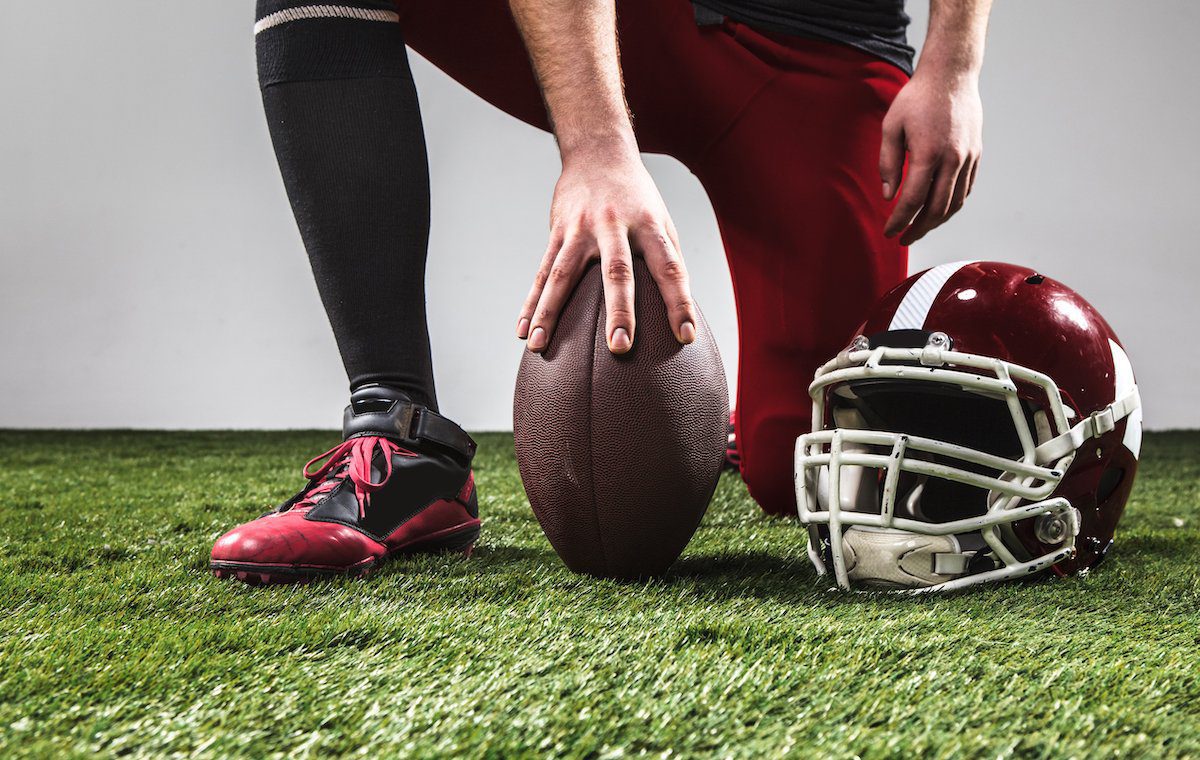Cases
CASE STATUS:
CLS ROLE:
STATE:
DECIDING COURT:
CASE DESCRIPTION:
Coach Joe Kennedy was an assistant football coach for Bremerton High School, who, after his first football game in 2008, waited until the players had cleared the field before he took a knee and silently thanked God for his players in a brief prayer. Initially, Coach Kennedy prayed quietly and alone. After several games, students took notice of Coach Kennedy’s post-game prayers and asked if they could join him. Sometimes players gathered with him; other times Coach Kennedy prayed alone. Over time, Coach Kennedy began giving short, motivational speeches to the players who gathered with him after the game. At times the speeches contained religious content and a short prayer.
Coach Kennedy continued this practice for seven years. In those seven years, no students, coaches, or parents ever complained about the practice. When the practice came to the attention of school officials (after seven years), the Bremerton School District ordered Kennedy to stop praying, saying his conduct could be perceived as government endorsement of religion. When he refused, the district suspended – and later fired – Coach Kennedy over his brief prayers. Coach Kennedy filed a lawsuit defending his First Amendment right to engage in private religious expression. Both the District Court and the Ninth Circuit found for the school district, with the Ninth Circuit concluding that the school district’s goal of avoiding a purported Establishment Clause violation justified the district’s religious discrimination and trumped Kennedy’s rights under the Free Exercise Clause. Coach Kennedy appealed to the U.S. Supreme Court, which, in January 2022, agreed to hear the case.
On March 3, the Center filed an amicus brief with the U.S. Supreme Court in support of Coach Kennedy’s right to pray after games. The Center’s brief argued that (1) the government does not run afoul of the Establishment Clause by tolerating private religious expression and (2) the school district’s unfounded Establishment Clause concerns that led it to ban Coach Kennedy’s religious expression amounted to unconstitutional content- and viewpoint-based discrimination.
On June 26, the U.S. Supreme Court recognized a coach’s First Amendment right to pray on the field after football games. In a 6-3 opinion by Gorsuch and joined by Roberts, Thomas, Alito, and Barrett, and in part by Kavanaugh, the Court held that the Bremerton School District violated the First Amendment’s Free Exercise and Free Speech Clauses by firing Coach Kennedy for kneeling on the football field after a game for a personal silent prayer. In doing so the Court upheld Coach Kennedy’s right to take a knee in quiet prayer after football games even if he can be seen by students and the general public.
In November of 2022, a federal court issued a final order in the case, which allows Coach Kennedy to return to the field no later than March 15, 2023. In addition, the order states that the school district cannot “interfere with or prohibit Kennedy from kneeling at midfield to engage in a brief, quiet, personal religious ritual during the period after a football game in which the coaching staff are free to attend to personal matters.”
















































